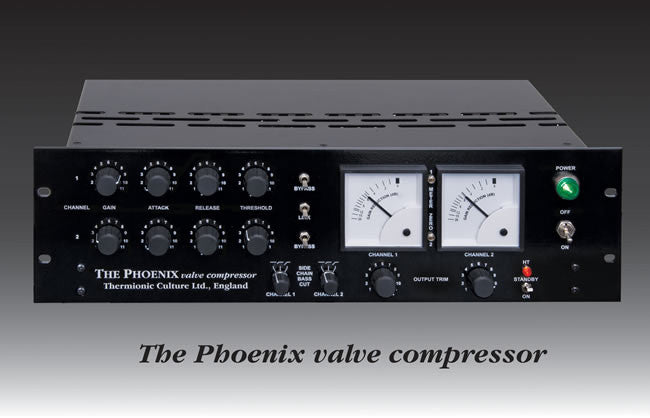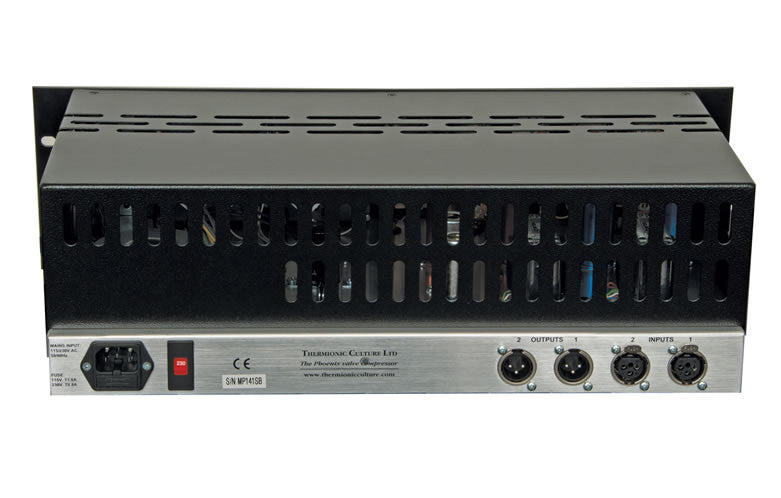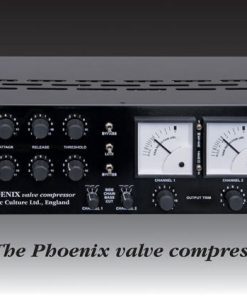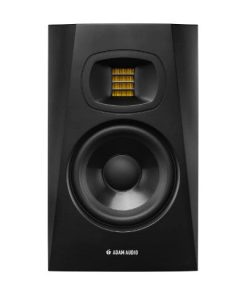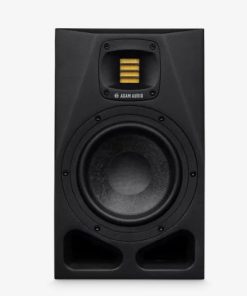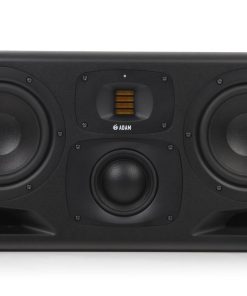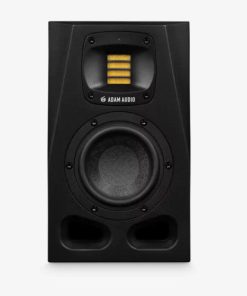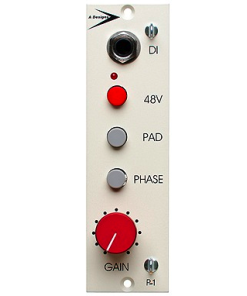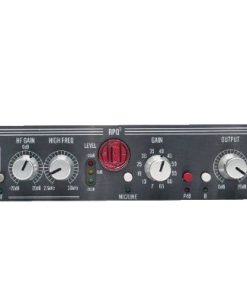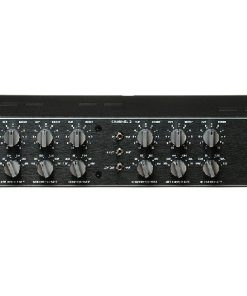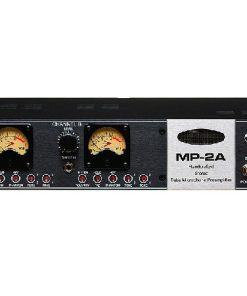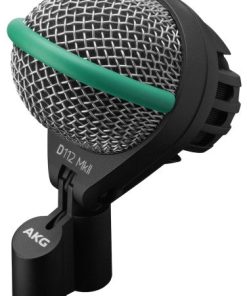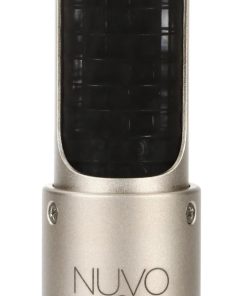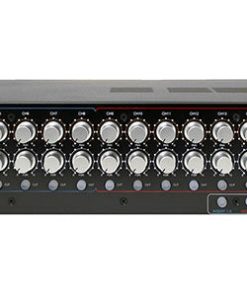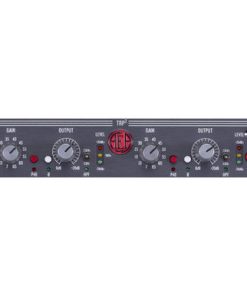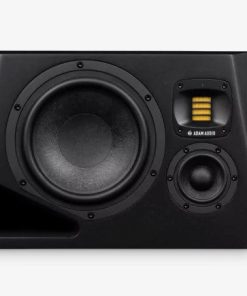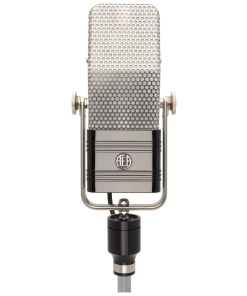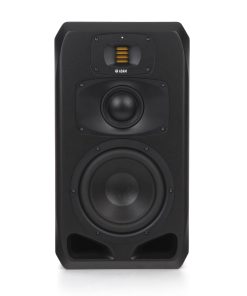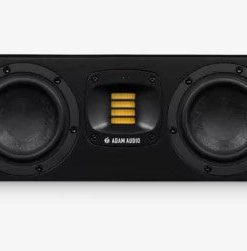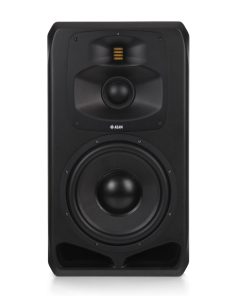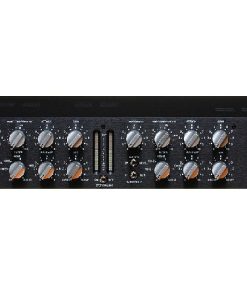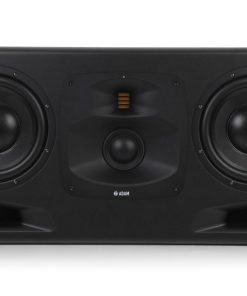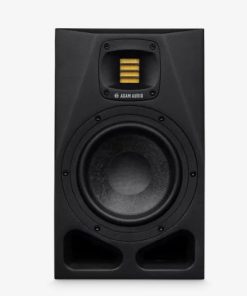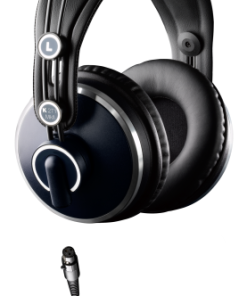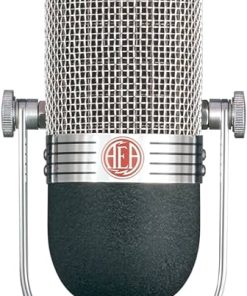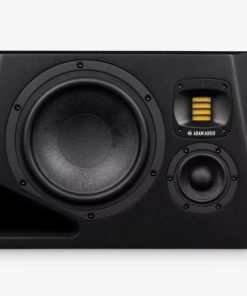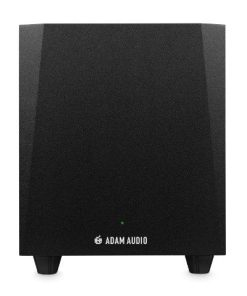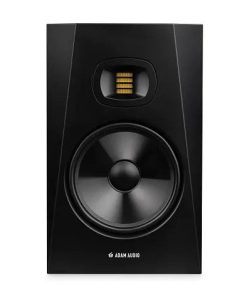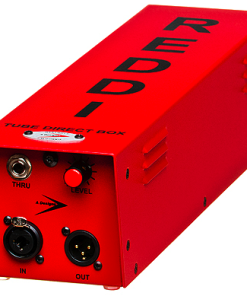Thermionic Culture The Phoenix Thermionic Culture
$ 4.399,00 $ 1.099,75
The Phoenix SB is now the standard production version of the Phoenix compressor. Alongside the now classic circuit design of the original Phoenix, it incorporates the side chain filtercontrols from the previous standard Phoenix SC model with the new addition of an HTstandby switch.
The additional HT Standby switch allows the user to put the Phoenix into a low power standby mode that is designed to increase the life of the unit’s valves and capacitors. When first switching on, or if the unit’s not in use for a while, have the Standby on. Switch off Standby and it will instantly come back to full life.
We have also placed the meter zero controls on the front panel for much easier access. Both meters should read “0” when the Phoenix is off standby and not compressing. They can be adjusted easily by any user without harm to the unit.
The side chain filters can be used to cut the Phoenix’s compression response to bass frequencies. The filter operates below either 150Hz or 300Hz on each channel and whenstereo link is engaged the filters operate at the average of the two sides. This enables the user to choose from 5 filter frequencies when in stereo operation.
The Phoenix is well known for its smooth “soft knee” compression characteristic and excellent specifications. This means that it can be used as a compressor that will not harm your signal quality, whilst subtly controlling dynamic range. It is also possible to drive the unit harder to produce harmonic distortion and higher ratio compression if desired. Many users have found these features bring life to mixes or individual instruments, and control vocals, with a natural “warm” quality.
Contrary to the above, users have found that if the unit is operated in standby mode (it still passes audio) a “symmetrical” distortion occurs, not unlike that produced by overloading analogue tape. Perhaps this fact alongside an exaggerated compression curve lends to the Phoenix in standby mode another dimension.
Features
- All valve signal path and side chain, point to point hand wired in England.
- Subtle control with “soft knee” compression, but more compression effects when pushed hard.
- Continuously variable attack, release and threshold controls.
- Stereo link for mix buss compression.
- Side chain filters to enable compression of all frequencies except bass.
- Flat frequency response over full audio range and beyond.
- Very low phase shift and harmonic distortion (unless pushed hard).
- Push-pull design gives a natural warm sound with high output level.
- Output trim controls for fine adjustment or lower level operation.
- Balanced ins and outs with custom made Sowter transformers.
- Bypass switch on each channel removes all electronics.
- Standby switch to prolong valve life.
- Distortion effects can be created with Standby on
Specs
Max. o/p level (MOL): +19dB into 600Ω
+24dB into 10kΩ
Max gain: 36dB.
THD (at no compression): better than 0.06 % @ 100Hz & 1kHz
Noise, IEC weighted: better than 100dB below MOL.
Input impedance: 15kΩ.
Frequency response: <1dB variation over range of 12Hz to 56kHz.
Attack time: 0.004s to 0.12s
Release time: 0.04s to 2.4s
Output impedance: 600Ω
Distortion will increase with compression, typically 0.2% & 0.25% at 1kHz & 100Hz with 8dB compression. Attack and release controls are somewhat interdependent, for instance a change of attack setting may affect the release time slightly. Therefore, no times are given on the front panel.
VALVE COMPLEMENT (2 ea):
Input/Compression: PCC85 (equiv. 9AQ8)
Output: ECC81 (equiv. 12AT7, CV4024)
Side chain detector: EB91 (equiv. 6AL5, CV4025).
Prompt Delivery and Professional Packaging
Our long-standing partnership with UPS FedEx DHL and other global carriers lets us offer a range of shipping services. Our warehouse staff is extremely skilled and will package your items according to our precise and exact specifications. Your goods will undergo an extensive inspection and be safely packaged prior to being sent out. Each day, we ship to thousands of customers in many countries. The fact that we are committed to becoming the biggest online retailer in the World is clear. These warehouses are in Europe in the same way as they are in USA.
Note: Orders that include more than one item are assigned a processing period depending on the item.
Before shipping, we will inspect thoroughly the items you have ordered. Most orders are shipped within 48 hours. Expected delivery time is between 3-7 days.
Returns
Stock is dynamic. It's not entirely managed by us since we are involved with multiple entities, including the factory and the storage. The actual stock can change at any moment. It is possible that your order may be out of stock once the order has been placed.
Our policy lasts for 30 days. We cannot exchange or refund your order if it has been 30 days from the date of purchase.
For your item to be returned it must be in its original packaging, unopened and in the condition you received it. The item must be in its original packaging.
Related products
Monitor
Monitor Systems
Monitor
500 Series
Mic Preamp
Equalizers
500 Series
Recording Equipments
Recording Equipments
Microphones
Mic Preamp
Monitor
Microphones
Microphones
Monitor Systems
Headphones
Monitor Systems
Recording Equipments
Monitor Systems
Microphones
Monitor
Accessories
Microphones
Subwoofer
Accessories
Recording Equipments
